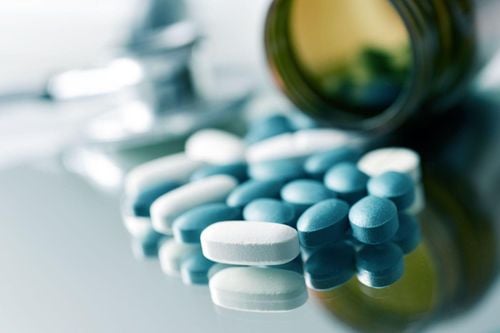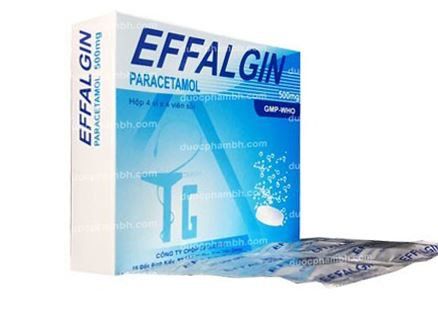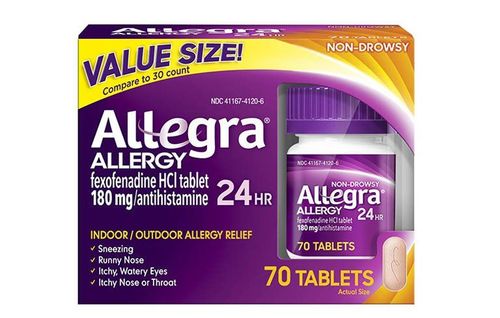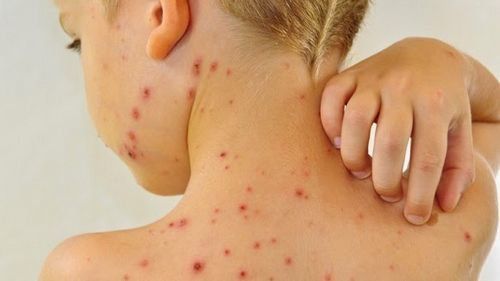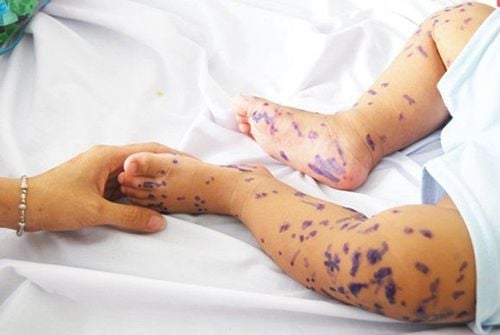This is an automatically translated article.
Monkeypox has now appeared in many countries around the world, raising concerns about the next outbreak of a dangerous disease after COVID-19. We all know smallpox was eradicated a long time ago thanks to the smallpox vaccine. Can smallpox vaccine prevent monkeypox?
1. What is monkeypox?
Monkeypox is an infectious disease caused by the monkeypox virus. The disease is transmitted from animals to humans and can also be transmitted from person to person. The disease is called monkeypox because it was first detected in study monkeys in 1958 and was discovered in humans in 1970.
Monkeypox is common in Central and West Africa, where there is a many tropical forests and animals that carry viruses often live. Humans with monkeypox have also been reported in countries outside Central Africa and West Africa, following travel to an area where monkeypox is endemic.
2. What are the symptoms of monkeypox?
Typical symptoms of monkeypox include: fever, severe headache, muscle aches, back pain, low energy, swollen glands, rash or skin lesions.The rash begins 1 to 3 days after the onset of fever with flat or slightly raised skin lesions, skin rashes containing clear or slightly yellow solution, then the rash will scab, dry and fall off. The number of skin lesions in a patient with monkeypox can range from a few nodules to several thousand. The skin rash in monkeypox tends to be concentrated on the face, palms, and soles of the feet, and can occasionally appear on the mouth, genitals, and eyes. Symptoms of monkeypox usually last 2 to 4 weeks and go away on their own without treatment.
3. Is there a monkeypox vaccine?
Some smallpox vaccines also provide some protection against monkeypox. There is currently a newer vaccine in development (MVA-BN – also known as Imvamune, Imvanex or Jynneos) and approved in 2019 for the prevention of monkeypox, but this vaccine is not yet widely available. widely.
World Health Organization - WHO is currently working with the monkeypox vaccine manufacturer to improve public access.
4. Can smallpox vaccination prevent monkeypox?
People who have been vaccinated against smallpox in the past will have some degree of protection against monkeypox.
But because smallpox was eradicated in the 1980s, the smallpox vaccine is not currently available to the public. People under the age of 40-50 have almost never been vaccinated against smallpox because smallpox vaccination ended after smallpox was eradicated globally.
5. How is monkeypox transmitted?
Monkeypox can be transmitted from animals to humans through contact with infected animals including rodents and primates. The risk of zoonotic disease can be reduced by avoiding contact with wild animals, especially sick or dead animals. In endemic countries, any food containing animal flesh or body parts should be thoroughly cooked before eating.
People with monkeypox are at risk of infecting others during the period of symptoms (usually 2 - 4 weeks). The rash, body fluids (such as fluid, pus, or blood) and scales pose a risk of infecting others. Clothes, sheets, towels, personal items such as eating utensils, dishes contaminated with the virus from contact with an infected person can also spread the disease to others.
The virus can be transmitted through saliva, from a pregnant person to the fetus or from an infected mother to her baby during or after birth by direct skin-to-skin contact.
6. Subjects at high risk of monkeypox
People who have close contact with people with symptoms of monkeypox, or with infected animals are at high risk of infection. People who have been vaccinated against smallpox are more likely to have some degree of protection against monkeypox. However, young people are unlikely to be vaccinated against smallpox because smallpox vaccination was discontinued worldwide in 1980.
Even if people have been vaccinated against smallpox and are protected in certain levels of monkeypox, these people must still take precautions.
Infants, children and people with immunocompromised diseases are at greater risk of severe symptoms and mortality from monkeypox.
Health workers are also subject to a higher risk of exposure to the virus for a longer time than others.
7. Monkeypox Treatment
The symptoms of monkeypox usually go away on their own without treatment so it is important for the patient to take care of the rashes by letting them dry naturally, which can be covered with a damp gauze to protect the area if necessary, needs. Avoid touching any sores in your mouth or eyes. Mouthwash and eye drops can be used with cortisone-free products.
Human immunoglobulin (Vaccinia Immunoglobulin - VIG) is the recommended therapy in severe cases of monkeypox.
An antiviral drug also being developed to treat smallpox (Tecovirimat - trade name TPOXX) has been approved to treat monkeypox in 2022.
Hopefully with the above information has answer the question, is smallpox vaccination to prevent monkeypox? The best way to reduce the risk of disease is to proactively prevent disease, which comes from increasing diet and daily hygiene.
Please dial HOTLINE for more information or register for an appointment HERE. Download MyVinmec app to make appointments faster and to manage your bookings easily.




